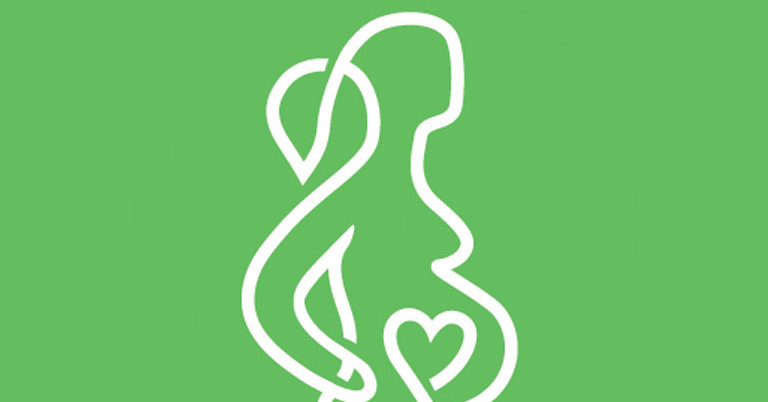
A mother’s health during a hospital birth may depend in part on the time of day and the kind of hospital.
For a study published in Risk Analysis, researchers recorded maternal complications in more than two million births, tracking complications that can reasonably be controlled by hospital staff: severe perineal laceration, ruptured uterus, unplanned hysterectomy, admission to an intensive care unit, or unplanned operating procedure following delivery. More than 21,000 women had one or more of these complications.
Compared with daytime deliveries on weekdays, the risk for complications during night shifts was 21 percent higher, on weekends 9 percent higher and on holidays 29 percent higher.
The researchers also found an increased risk of 28 percent in teaching hospitals in July, when new residents begin their training. This difference was reduced to statistical insignificance by the following June.
The study controlled for race, education, maternal and gestational age, congenital anomalies and other maternal and infant risk factors.
“The question for hospitals is whether schedules and staff can be rearranged to reduce these complication rates,” said a co-author, David Mushinski, a professor of economics at Colorado State University. “More experienced physicians in the treatment team? More nurses? If hospitals can do it, it will help mothers by making birth easier, and help hospitals by reducing costs.”

